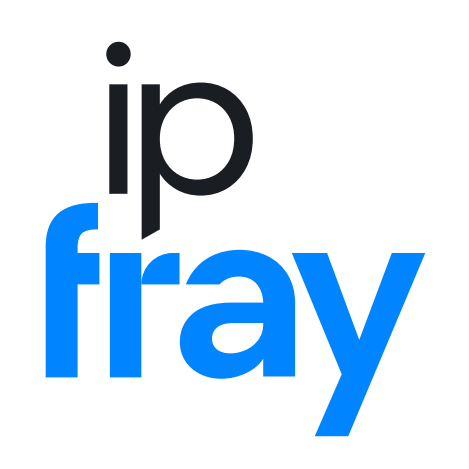Context: The vast majority of standard-essential patent (SEP) licenses are concluded without prior litigation. The most recent example became known on Thursday: global smart meter market leader EDMI took a bilateral license from Huawei though there would also have been a pool option (April 11, 2024 ip fray article). Sometimes it takes guidance from the courts of law. AVM, the German WiFi router market leader, may have been more focused on trying to sell the company for a billion euros (the target according to a media report) than on resolving IP issues. Huawei had several cases pending against AVM, and an injunction came down late last year (December 26, 2023 ip fray article).
What’s new: The Munich I Regional Court informed ip fray today that a Huawei v. AVM trial scheduled for this week’s Wednesday (April 17, 2024) had been canceled as the complaint was withdrawn. From the motion for voluntary dismissal, ip fray has learned that the entire dispute has come to an end as AVM is now licensed to Huawei’s WiFi 6 SEPs.
Direct impact: AVM claimed to be able to work around the patent underlying the late-2023 injunction, but a workaround is not a workaround unless a court of law determines that it keeps clear of infringement. There were multiple cases pending, making litigation a money-losing proposition for AVM.
Wider ramifications: This agreement continues Huawei’s licensing streak. Last month, license agreements with Amazon (settling WiFi 6 litigation in Germany) and vivo (over mostly cellular SEPs and without litigation involved) became known (March 5, 2024 ip fray article). After last week’s announcement of Huawei’s license deal with EDMI, the AVM settlement is another significant step. This isolates Netgear, which is being sued in Germany and brought a politically-charged U.S. complaint (February 4, 2024 ip fray article).
Today, ip fray made a routine inquiry to the Munich I Regional Court as the Wednesday trial would have been on the way to London for a litigation finance conference at which ip fray‘s founder will be on a SEP panel and meet litigation funders with a view to a set of U.S. patent enforcement actions (April 12, 2024 ip fray article). That Munich trial has now become unnecessary.
Huawei’s lead counsel in the AVM cases was Clifford Chance partner Dr. Tobias Hessel. He previously represented Huawei in various German patent cases (also on the defending side against IP Bridge) while he was at Hoyng Rokh Monegier. Huawei remained his client as he joined Clifford Chance to build the German patent litigation practice of that multinational firm. He could not have represented Huawei against Amazon, which is another Clifford Chance client (in EU antitrust matters particularly).
Temporarily, Huawei was asserting WiFi 6 SEPs against three defendants: Amazon, AVM and Netgear. Of the three, only Netgear is left, and with others having licensed Huawei’s patents (typically without litigation), it’s increasingly difficult for Netgear to argue that Huawei’s royalty rates are not FRAND (fair, reasonable and non-discriminatory). The public redacted version of a Huawei v. Amazon judgment even indicated an overcompliance with FRAND licensing obligations (March 19, 2024 ip fray article).
Unlikely to be able to defend in German court its reluctance to take a license, Netgear is trying to gain leverage from a proceeding in the Central District of California. According to Netgear’s latest filing there (made on Friday, April 12, 2024), Huawei has launched six infringement actions against the U.S.-based router maker: two each in Dusseldorf, in the Unified Patent Court and in a Chinese court.
ip fray reported on that Netgear filing on LinkedIn and shared the LinkedIn post with email subscribers. Similar updates of a purely procedural nature have been provided in other contexts, such as Ericsson v. Lenovo. Certain updates appear too small to warrant a full-blown ip fray article, but LinkedIn posts are a “microblogging” alternative, and if the assumption is that the patent litigation community may be interested in the news, those posts are shared by email (via the follow.it service) just like actual articles. In the right-hand column of the home page, there’s a box where you can leave your email address to subscribe. And if you haven’t followed on LinkedIn yet, it’s recommended as well.
